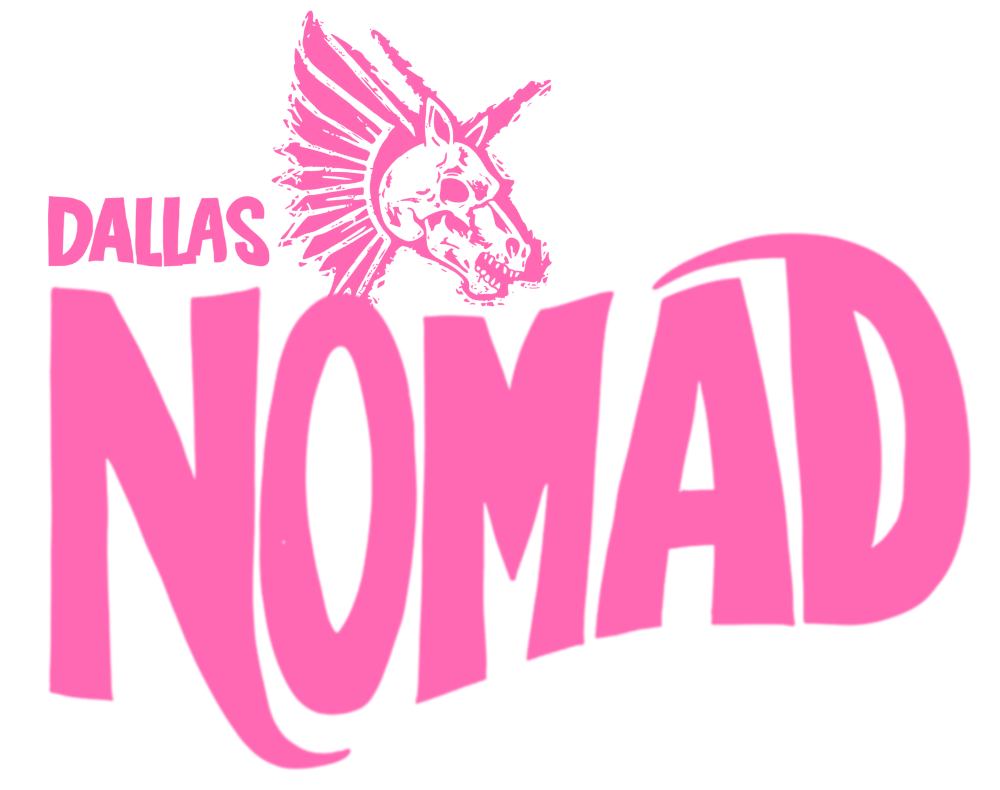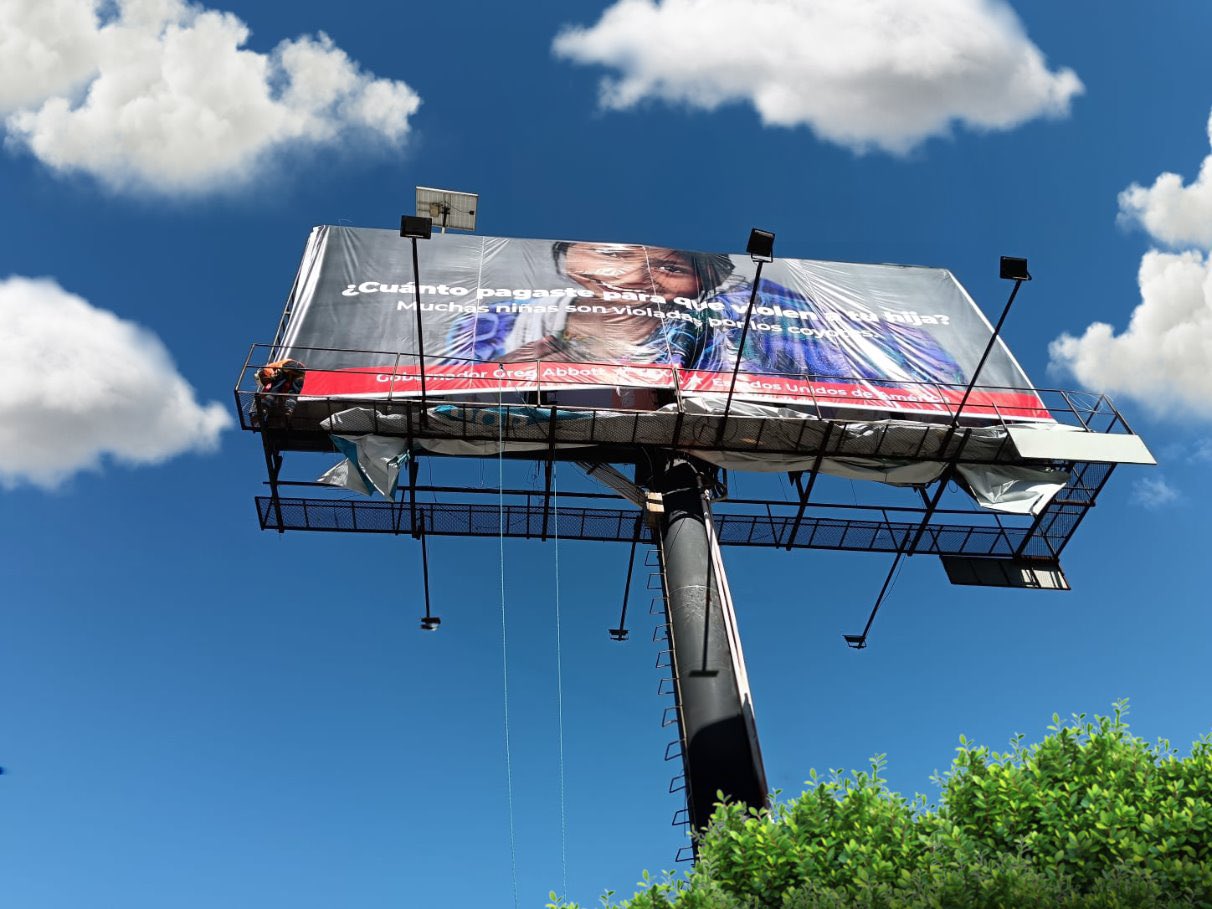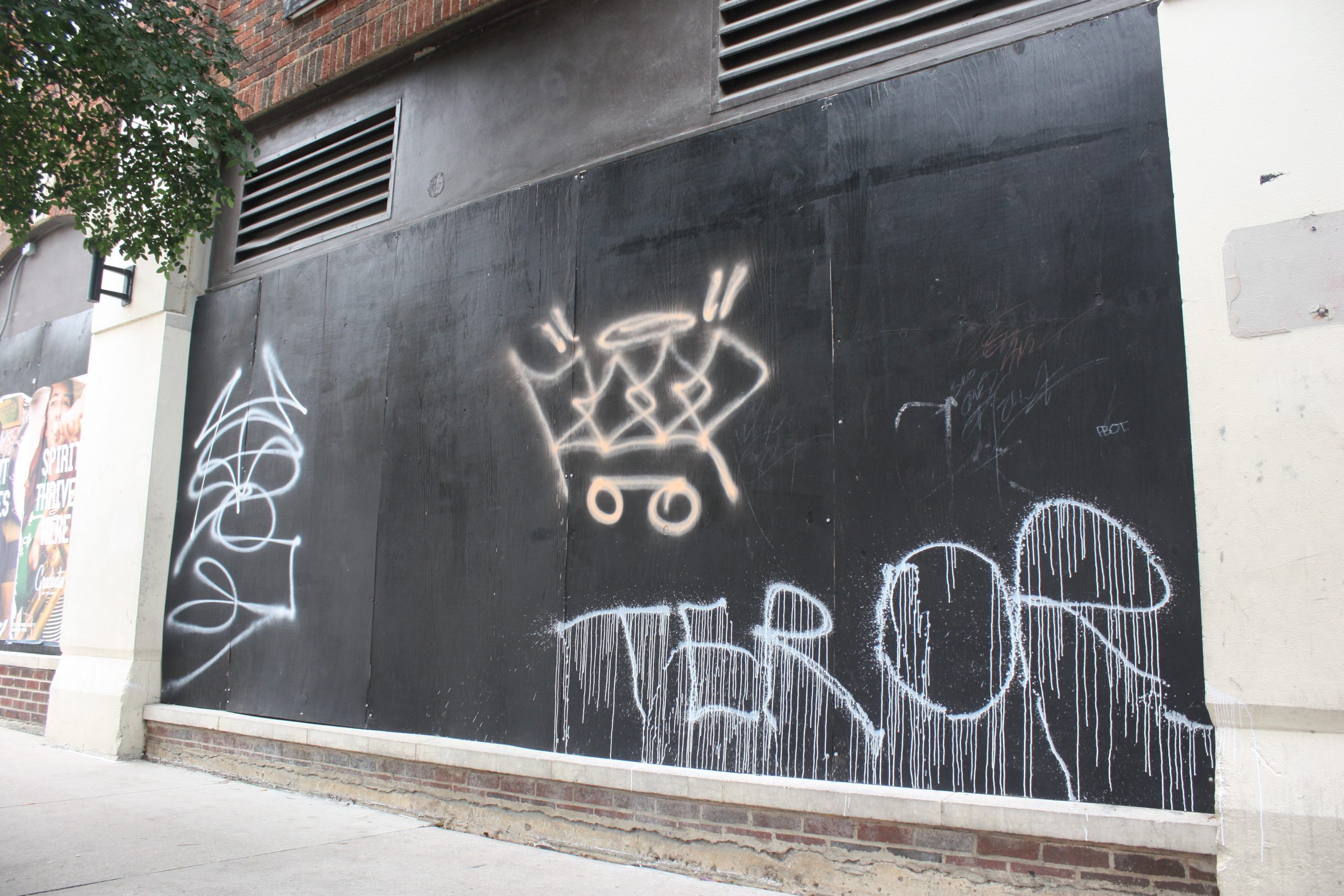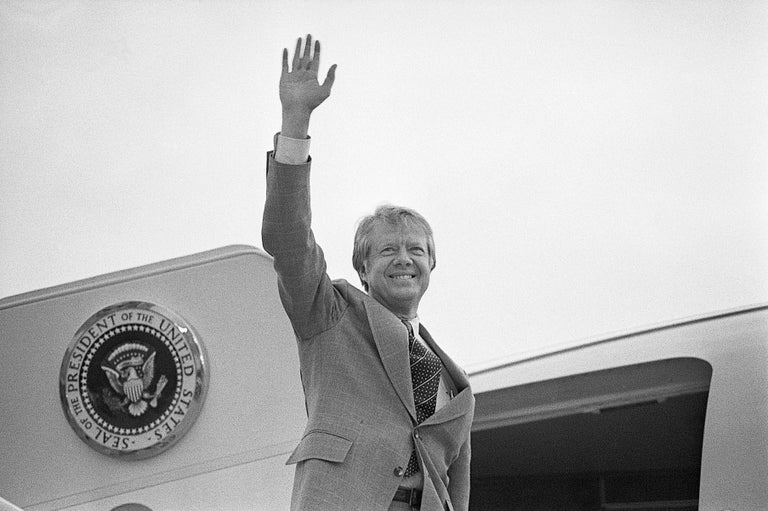The Daily Dose (Jan. 2)
On January 2, 1959, the Soviet spacecraft Luna 1 became the first spacecraft to escape Earth's gravity.
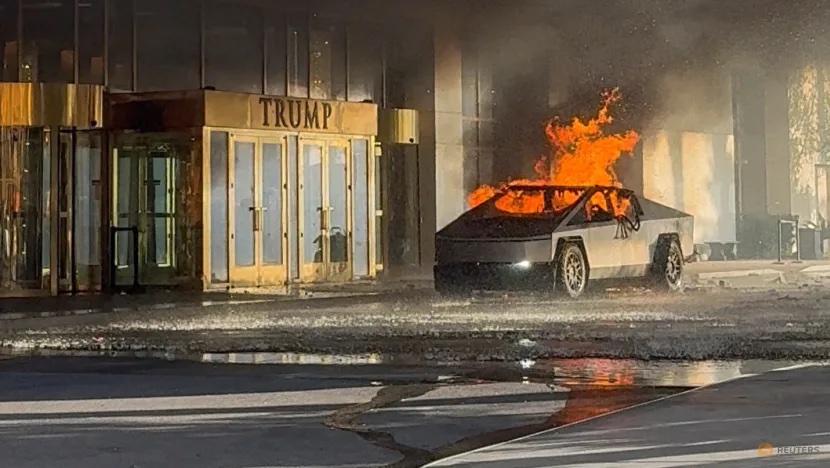
1. Dry January Gets a Dallas Twist: Kava Bars on the Rise

With the growing trend of taking part in Dry January, a global health challenge where participants abstain from alcohol for the entire month, many Dallas residents are seeking alcohol free environments to socialize. While Nomad favorites like Double D’s Bar went through the trouble to curate an impressive craft mocktail menu for the month of January, another alternative is on the horizon. Enter kava bars, offering a unique and social experience without the alcohol. These establishments serve traditional kava, a plant-based beverage known for its calming and relaxing properties. Made from the ground roots of a plant found in the South Pacific, Kava has been consumed for centuries in traditional ceremonies and social gatherings. In Dallas, the alternative has become so popular with young people adopting the sober lifestyle that kava bars are cropping up all around the city, including The Kava Bar in North Dallas whose website boasts a “welcoming and judgement-free atmosphere, where all are welcome.”
2. Texas Eyes Crypto-Friendly Future:
The Lone Star State is poised to become a cryptocurrency powerhouse, as lawmakers consider legislation that would make Texas a haven for blockchain technology and digital currency. Proposed measures could include tax breaks for crypto companies, reduced regulatory hurdles, and even the creation of a state-backed digital currency. This move could attract a wave of tech talent and investment to Texas, positioning the state at the forefront of the evolving digital economy. However, the rapid growth of cryptocurrency also raises concerns about consumer protection, market volatility, and the potential for illicit activities. There’s also the energy-intensive process of cryptocurrency mining raining concerns about the potential strain on the Texas power grid, particularly during periods of high demand. As Texas navigates this uncharted territory, the debate over the risks and rewards of embracing a crypto-friendly future is sure to intensify.

3. New Orleans Tragedy: Texas Connection Emerges

The New Year’s Day tragedy in New Orleans, where a vehicle intentionally plowed into a crowd of revelers, has sent shockwaves across the nation. The suspect, identified as Shamsud-Din Jabbar, a 42-year-old U.S. citizen, has ties to Texas. While the investigation is ongoing, authorities are exploring the possibility of a terror-related motive. The suspect was killed by police at the scene after a shootout. However, the investigation has revealed that Jabbar may not have acted alone. Authorities are actively pursuing potential accomplices and investigating the possibility of a broader terror-related plot and potential connection to ISIS. In the aftermath of this horrific event, local officials have pleaded with the FBI to expedite the investigation and bring all those responsible to justice.
4. Turo Rentals Under Scrutiny After Two High-Profile Incidents:
The recent New Orleans tragedy, where a vehicle intentionally plowed into a crowd, has raised questions about the peer-to-peer car-sharing platform Turo creating a potential link between New Orleans and an incident in Las Vegas, where a Tesla Cybertruck rented through Turo exploded in front of Trump Tower. The two incidents had eerie similarities. Reports indicate that authorities found weapons and potential improvised explosive devices (IEDs) in the vehicle used in the New Orleans attack, while the Las Vegas explosion led authorities to discover large firework mortars and gas canisters inside the vehicle. It’s believed that the Cybertruck explosion was triggered remotely, potentially by the driver. In both cases, the vehicles were rented through Turo.

5. Texas Drivers Get a Break (Sort Of): State Eliminates Vehicle Inspections, But Emissions Tests Remain
Good news for Texas drivers: the state has officially eliminated the annual vehicle inspection requirement. This long-awaited change means fewer trips to the mechanic and more time on the road. However, the celebration may be short-lived for some. While the overall inspection requirement is gone, emissions tests are still mandatory in certain areas of the state, including major metropolitan areas like Dallas-Fort Worth. This means drivers in these regions will still need to ensure their vehicles meet environmental standards, even without the traditional vehicle inspection.

